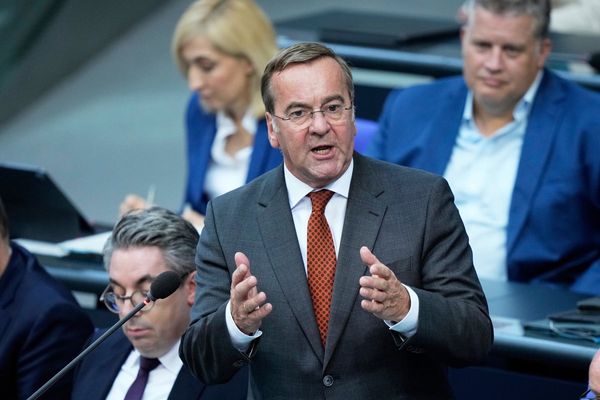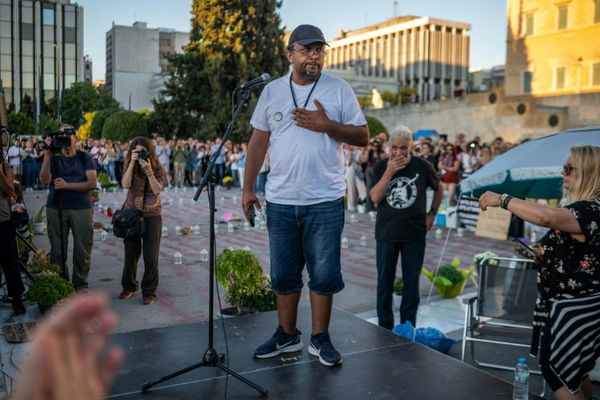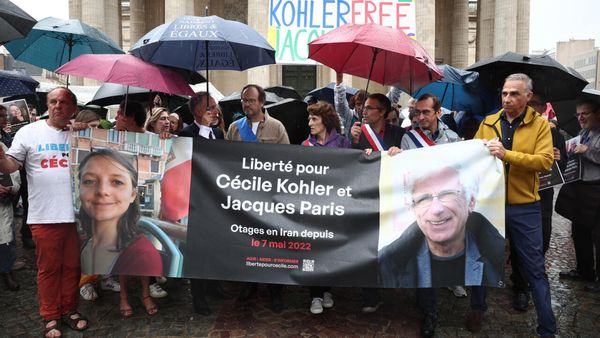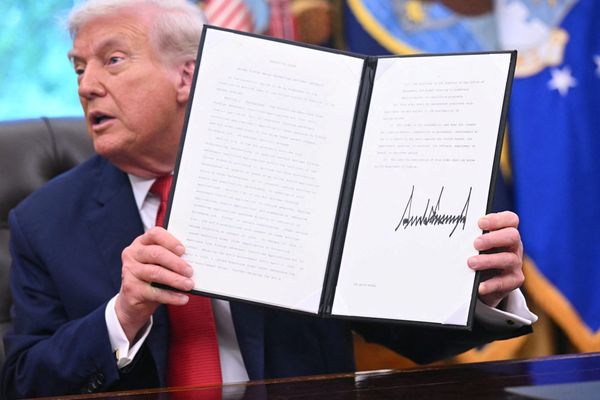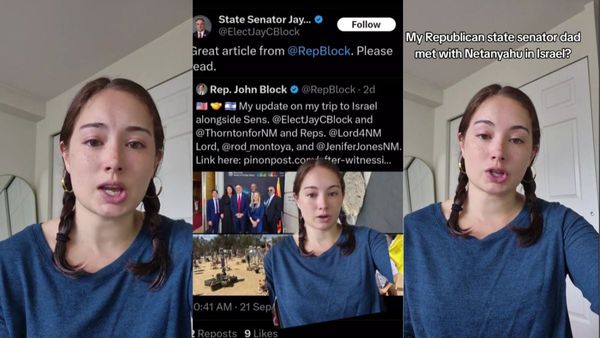
The French police oversight body has called for disciplinary action against officers suspected of having physically and verbally brutalised seven young people, arrested at an anti-pension reform demonstration in central Paris on the night of 20 March.
"The next time, we won't cart you back to the police station, we'll put you in an ambulance for a trip to the hospital." This is followed by confused sounds, possibly blows. "I can give you another if you want, to straighten your jaw."
Those words, secretly recorded by an arrested protester and allegedly spoken by a police officer, have led the police oversight body IGPN to call for disciplinary action against members of the Brav-M mobile anti-riot unit.
Speaking on Wednesday morning, the director of the General Inspection of the National Police (IGPN), Agnès Thibault-Lecuivre, confirmed that she was forwarding a file to the police authorities, with the recommendation that sanctions should be imposed.
Thibault-Lecuivre said she had been deeply shocked by the utterances of police officers, secretly recorded and made public by daily paper Le Monde and the website Loopsider.
Good behaviour a police obligation
"Even if we accept that these officers were under extreme pressure, at the end of a difficult duty in a tense environment," she said, "nothing excuses behaviour which falls short of the highest standards, and which is an obligation under all circumstances."
Interior Minister Gérald Darmanin has already accepted that action will "obviously" be taken against the officers involved.
Members of the Brav-M mobile anti-riot unit on duty on the night in question have already submitted their own reports on the events. They complain of "physical and emotional exhaustion".
One member of the brigade spoke of periods of "14, even 16 hours on duty, without any regard for our fundamental requirements. It was extremely difficult to get a drink of water or a bite to eat."
There are 59 judicial investigations in progress concerning police behaviour on the first day of the pensions protests on 31 January.
